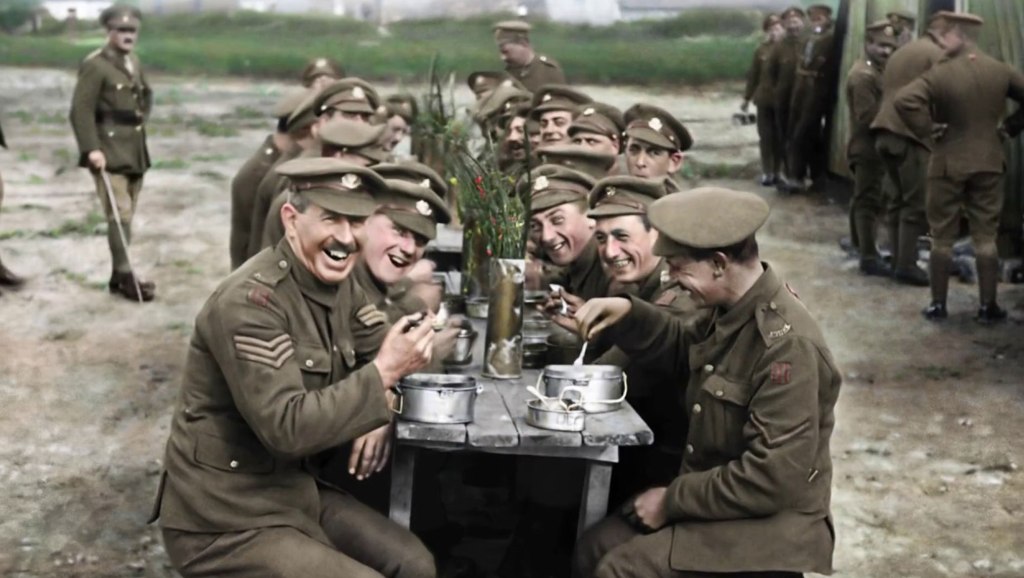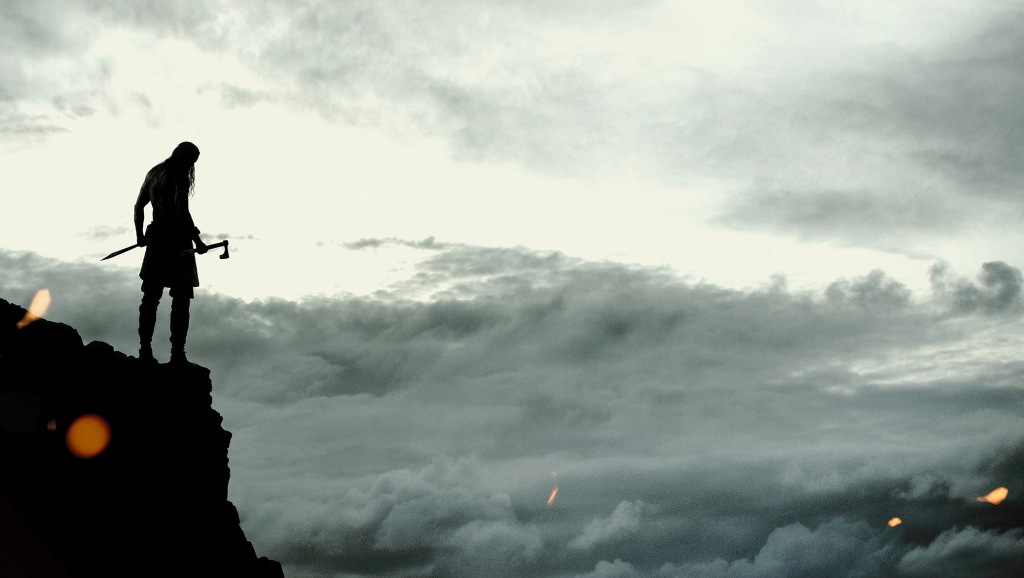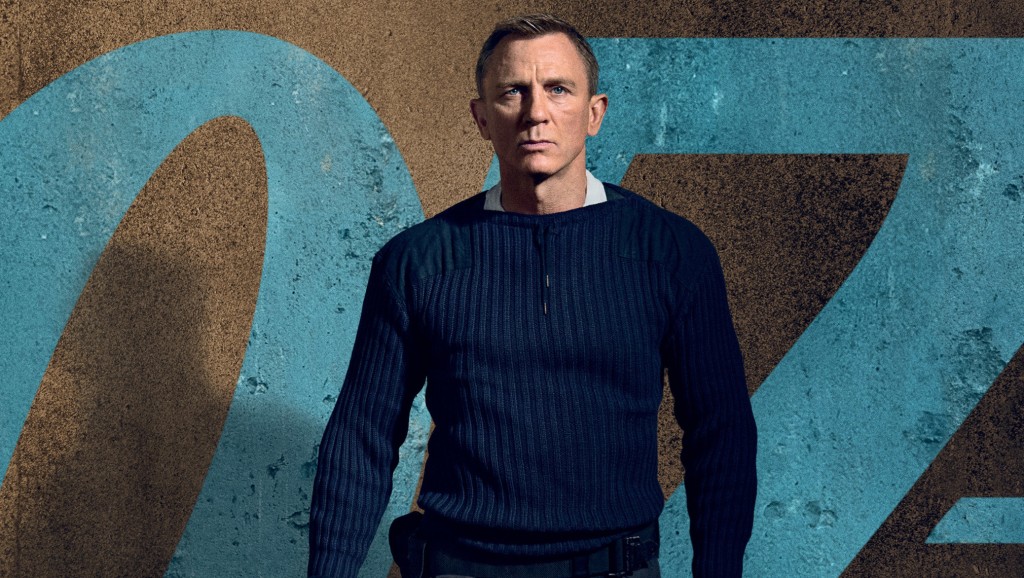It can be hard to put it into words to describe the First World War with all its horrors and brutality. School textbooks can only tell you so much. A trip to Ypres to visit the preserved trenches and a commemorative cemetery can only reveal to you so much. But Peter Jackson, director of The Lord of the Rings trilogy paints that picture with a reality that hits home.
They Shall Not Grow Old diversifies itself by not following the traditional format of documentaries. It’s not concerned by the political conflicts or alliances that shaped Europe in 1914, nor is it concerned with the how and why the war started. It doesn’t have a ‘famous actor’ to drive its creditability such as Laurence Olivier in The World at War series. Instead, Jackson takes an inward perspective, relying on a clear motivation in its direction. Dedicated to his Grandfather, They Shall Not Grow Old is a personal and explorative journey of the First World War. Similar to Christopher Nolan’s Dunkirk (specifically its narrative theme and technique), this is a celebration dedicated to the soldiers.
A lot of noise has been made about the restoration process, using ‘modern, post-production techniques’ with ‘each frame hand-colourised and 3D-digitised’. But before it delves into those incredible and noteworthy images, Jackson plays around with its framing that quietly lures you into its world, as if you were beginning to travel back in time. As the black and white image envelops the screen, taking up the 4:3 ranks, we’re introduced to our soldiers, and one by one, they relive their experience.
Although we never get to know each soldier personally (such as their names for example), what the documentary eloquently establishes is the contrasting attitudes of the war. A nation high on a prideful jingoism, the experience of going to war was strongly patriotic. Young teenagers and adults from all backgrounds and social classes signing up for what they thought was going to be the ultimate adventure. Jackson and his brilliant team splice together the propaganda message and statements used to recruit soldiers against imagery of jovial recruits.
The reality starts to hit home when it focusses its attention on their ages. It’s easy to forget that men went to war out of a patriotic love of country. Becoming a soldier was a role expectant of them. But when fifteen, sixteen and seventeen-year-olds lied about their age to fight, it puts They Shall Not Grow Old into perspective. We didn’t send men out to war – we also sent kids.
It’s at this point where Jackson and his team skillfully take the reins, switching its progress to the battlefield. Presented in 3D, this is imagery never seen or done before in this fashion. With its extensive palette, now taking up the entirety of the screen, the level of detail is outstanding for a 100-year-old footage. While it can never replicate the actual sensations of war, at particular moments with its sound design, those speakers thunder out a noise whenever there’s a bombardment.
It’s worth bearing in mind that its restoration is never treated as a gimmick like the colourised version of It’s A Wonderful Life for example. Peter Jackson treats this with a level of appreciation and respect. It doesn’t shy away from its difficulty, but it’s the profound interlocking of its narrative to combine what we already know from our school days and our yearly celebration of Remembrance Sunday to images that are recognisably graphic.
Because of that added clarity signifies the hefty, added weight from its narration. We see every soldier in their close-ups as if we personally know them. Therefore the experiences become empathetic, exploring the conditions in the trenches (lice and rat infestation for example) to the mental health psychology and pressures in an immeasurable scenario. One voice describes killing the enemy on the battlefields as ‘animalistic’. The one piece of information that immediately struck me is the admittance that a soldier killed a fellow recruit to ‘put him out of his misery’ due to his horrific injuries. It gravely sinks in the heartbreaking humanity as well as the desensitising nature, knowing they could die any minute from shelling or crossing the dangerous No Man’s Land. They just had to get on with it. Thinking about death was not an option.
Amongst the bleakness, there are flashes of levity, such as soldiers realising there’s only one type of haircut to how soldiers unpleasantly went to the toilet. But it’s another snapshot example into the ordinary lives in the grand context of the social-political world. That thoughtful reflection is echoed by measuring up the sacrifice and the deaths with its eventual reward of displacement within society.
I can’t think of a better tribute to celebrate the centenary of the First World War. It’s groundbreaking on its technological features and will be remembered for that as a profound reinforcement. But it’s the empathetic solidarity and resilience that reign supreme.
THEY SHALL NOT GROW OLD screened as part of the BFI’s London Film Festival 2018.






Don’t Be Shy – Leave a Reply